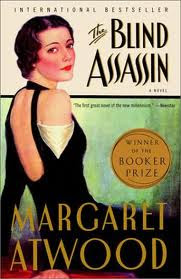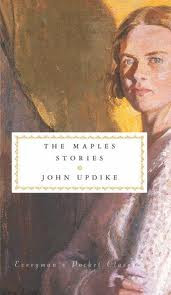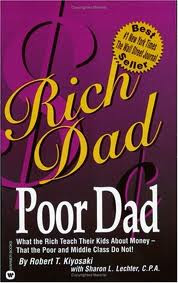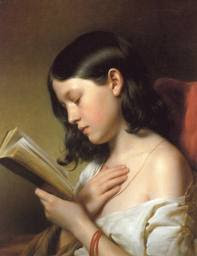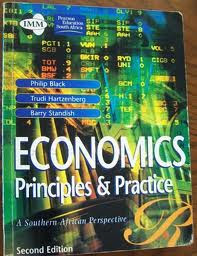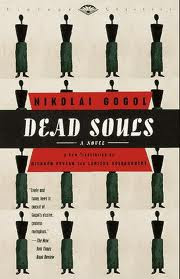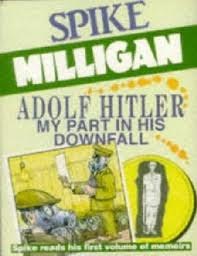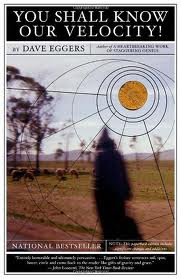
How much do you love the chapter titles of this book? A representative sample:
I GO TO SEA
I AM CAPTURED BY PIRATES
I ESCAPE FROM THE SALLEE ROVER
I BECOME A BRAZILIAN PLANTER
I GO ON BOARD IN AN EVIL HOUR
I FURNISH MYSELF WITH MANY THINGS
WE MARCH OUT AGAINST THE CANNIBALS
WE QUELL A MUTINY
I FIND MY WEALTH ALL ABOUT ME
I mean, this is not messing about. This is stuffing your book as full of plot as possible. Daniel Defoe would have done well in the twenty first century, working on BOURNE IDENTITY and REAL HOUSEWIVES OF WHEREVER THE HELL. Though I’m not sure he’s bothered, as he did pretty damn well in the seventeenth century too. This book is a big part of his life’s achievement, as ROBINSON CRUSOE has a place in history as being the first ever novel in English.
It’s a curiously modern piece of work, not least because Defoe pretended it was ‘based on real events’. He even put in a preface from ‘the editor’ assuring readerss of its veracity. This is not too surprising when we learn that Defoe was described by one contemporary as“ a shrewd, shifty, ingenious man, much mistrusted and frequently imprisoned.” According to the introduction:
He was imprisoned for debt as well as for his satirical writing, and his reverses including bankruptcy and the failure of get-rich-quick schemes, of which raising civet cats (their glands were used to produce perfume) for quick cash was just one. He was a journalist, publisher, poet, businessman and sometime secret agent
In another very modern turn of events, the book, which was huge bestseller, was immediately widely pirated.
You may not know that Robinson Crusoe was in fact Robinson Kretuznaer, a German immigrant to York, who anglicized his name; but you probably know much else about him. Essentially the story is he is shipwrecked on an island where he lives for over twenty years on his own, until he saves a local man from ethnic warfare (okay cannibalism), names him after a day of the week, and is eventually rescued.
Learning how Cruose teaches himself to survive – how he makes cheese, and tries to build casks, is very compelling. So to is his description of the loneliness, which must surely be a far greater challenge than diary or storage. Here he is at dinner:
. . .then to see how like a king I dined too, all alone, attended by my servants; Poll, as if he had been my favourite, was the only person admitted to talk to me. My dog, who was now grown very old and crazy, and had found no species to multiply his kind upon, sat always at my right hand; and two cats, one on one side the table and one on the other, expecting now and then a bit from my hand, as a a mark of special favour.
Poll is the parrot he spends hours teaching to talk so he can hear some kind of voice.
Of course when he finally does get to meet a human, and thus hear a voice, I think we can be pretty confident that the main thing he’d be doing is blubbing and shaking. However Defoe seems to feel that in fact he would be delighted to have extra domestic help, name him FRIDAY, and get the poor unfortunate to call him MASTER.
You can see why this book is often read as a metaphor for colonialism, and that’s certainly one way to understand it That said, it has many themes, and even the naughty-western-hegemony-naughty thing can be overstated. Crusoe is very upset by having to watch cannibalism on his island, and is tortured by feeling he ought to save the victims. There follows then a really interested and complicated debate about what constitutes ‘right’ in other cultures, which struck me – again – as curiously modern.
. . .who, however they were isolators and barbarians and had several bloody and barbarous rites in their customs, such as sacrificing human bodies to their idols, were yet, as to the Spaniards, very innocent people; and that the rooting of them out of the country is spoken of with the utmost abhorrence and detestation by even the Spaniards themselves, at this time, . . . as a bloody and unnatural piece of cruelty, unjustifiable to god or to man . .
So, curiously modern. So too is the ending:
All these things, with some very surprising incidents in some new adventures of my own, for ten years more, I may perhaps give a further account of hereafter.
Sequel anyone? He needs something to fall back on if the whole civet cat thing doesn’t work out.

